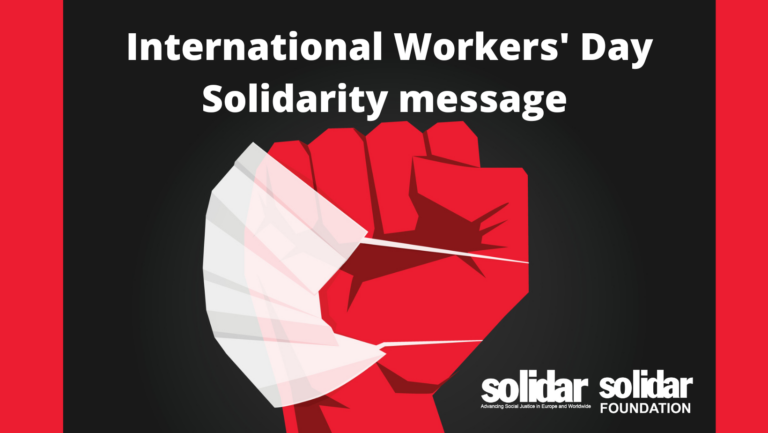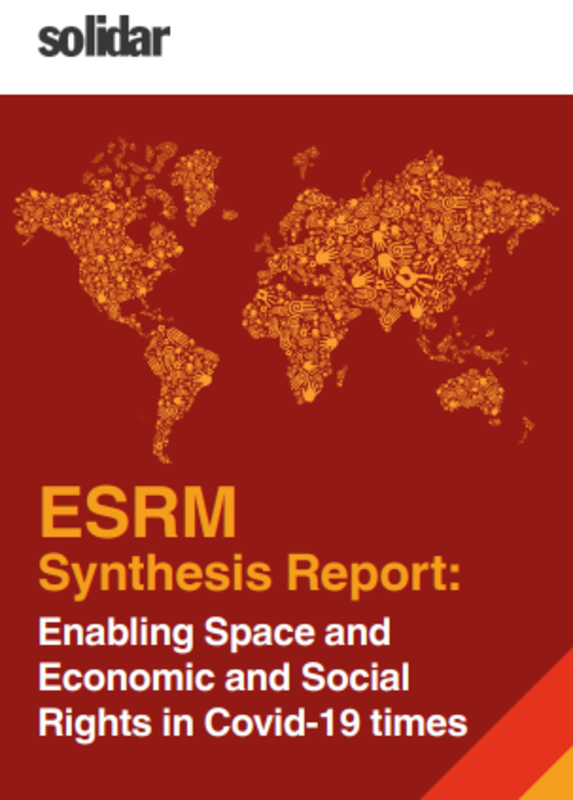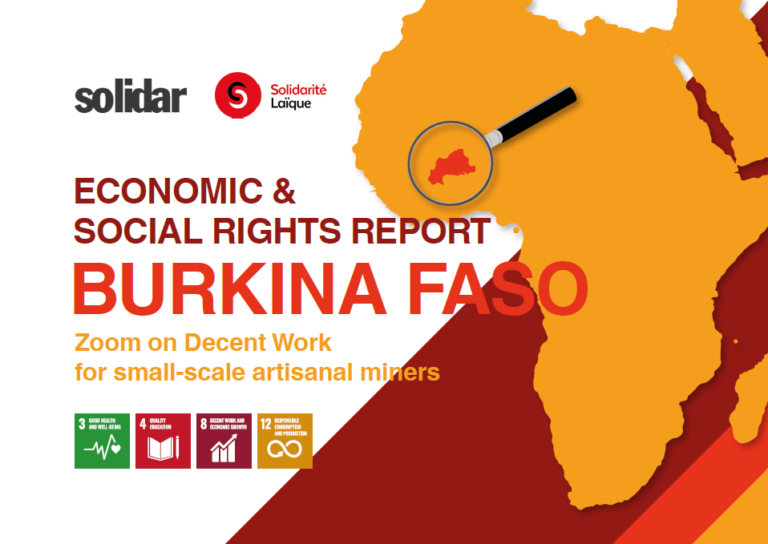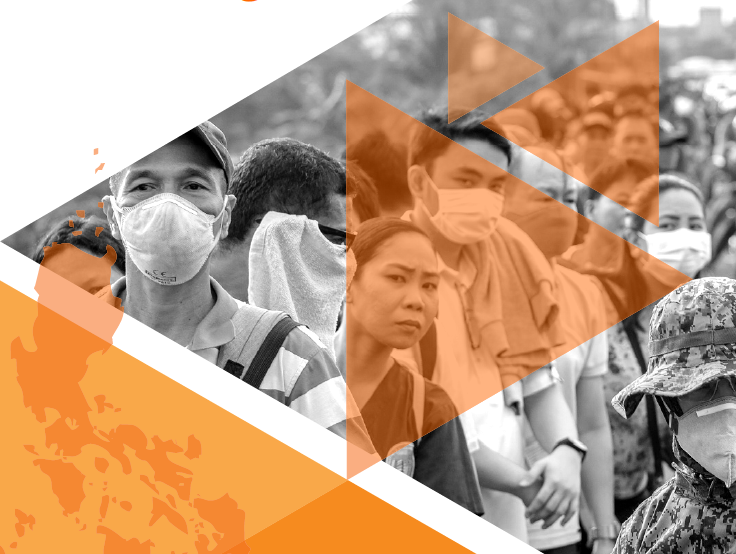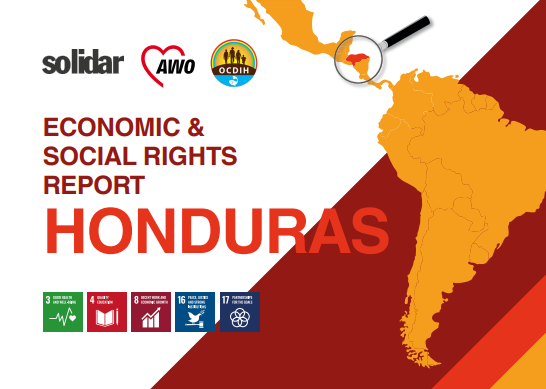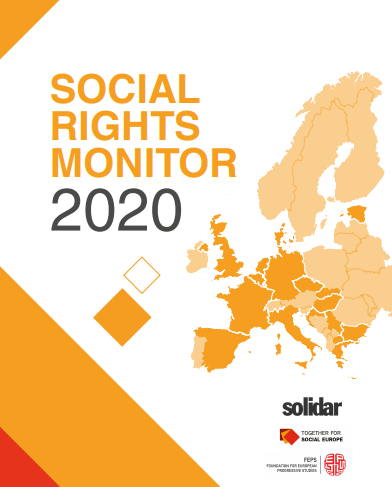Building back better needs strong trade unions: SOLIDAR message on May Day
Social justice, social dialogue, social rights and feminism are key elements for a sustainable, fair, human-centred and resilient recovery in a just transition. On May 1st, International Workers’ Day, the second we are living in this context of a global pandemic, SOLIDAR celebrates the international workers’ movement and trade unions’ work to achieve social justice all around the world. Trade unions are the backbone of sound democracies and indispensable partners to ensure a human-centered just recovery from the COVID-19…


